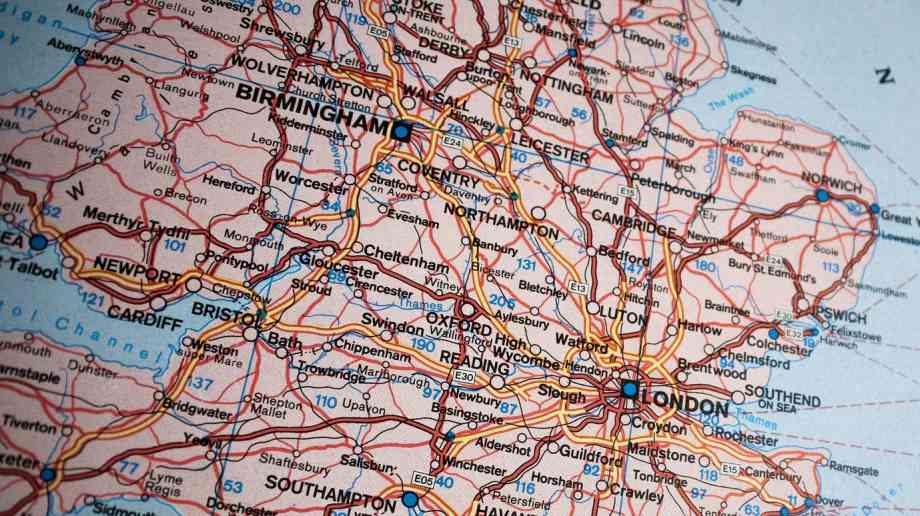Sue Robb of 4Children talks to Julie Laughton and Alison Britton from the Department for Education about the role of childminders in delivering the 30 hours free entitlement.
Shake-up of England's electoral map outlined

Parts of the North of England and the Midlands will lose parliamentary seats while areas in the South gain under Boundary Commission proposals for a shake-up of England's electoral map.
With the aim of making Parliament fairer by giving each MP a roughly similar number of voters, the changes, which are due to take place in 2023, will also see Scotland and Wales lose a number of MPs while England will gain 10. The review is designed to end the discrepancies in the current system with some MPs having only 50,000 constituents and others having double that.
The task of reconfiguring parliamentary constituencies is being carried out by independent commissions in each UK nation who will report separately, with the plans for England the first to be published. The proposals suggest the first major overhaul of seat boundaries in England since 2010, with just under 10 per cent of existing constituencies remaining unchanged.
Unlike previous reviews, the total number of seats in the House of Commons will stay at 650 but population changes mean England is set to have 543 MPs, Wales 32 and Scotland 57 - that is an extra 10 for England, with Wales losing eight and Scotland's count cut by two.
Seats will be redrawn so they have, by law, between 69,724 and 77,062 registered voters each; with some island constituencies, such as the Isle of Wight and Anglesey, being given special dispensation to be outside these requirements.
Population changes mean that, in England, the North East, the North West and the West Midlands will lose two seats each, while London gains two, the South West gets three extra and the South East is up seven.
The initial proposals will now be subject to consultations and revisions. This first one will run for eight weeks before closing on 2 August. A second consultation with public hearings will then get under way in spring 2022, followed by a final four-week consultation on revised plans in autumn 2022.
Final recommendations are due by 1 July 2023, after which the government has four months to alter the plans. The changes will only come into effect in late 2023, which could be be too late for the next election if Prime Minister Boris Johnson decides to call it early.
Company Focus
Located in Bromley, Japanese Knotweed Eradication Ltd has been providing solutions in the treatment and removal of Japanese Knotweed (Fallopia Japonica) for over a decade. During this time we have mastered a repertoire of methods, from herbicidal treatments to landscaping solutions, tailored to address the unique challenges our clients face with this pervasive weed.
Event Diary
UKREiiF has quickly become a must-attend in the industry calendar for Government departments and local authorities.
The multi-award-winning UK Construction Week (UKCW), is the UK’s biggest trade event for the built environment that connects the whole supply chain to be the catalyst for growth and positive change in the industry.
Supplier Profiles
Geo Energy
At GeoEnergy Design, we're on a mission to disrupt the traditional way heating and cooling ha
Latest Features
Professor Harith Alani, director of the Knowledge Management Institute at the Open University explains how AI can be used for good and bad.
Alex Lawrence, head of health & social care, techUK sets out techUK’s Five Point Plan for CareTech.

















